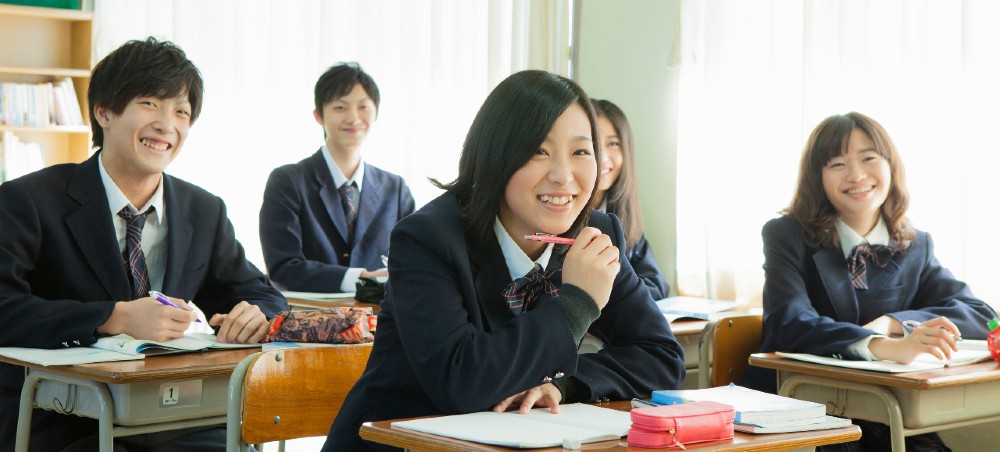 | TEFL ArticlesArticles Related to Teaching English in Japan |
| |
Everything You Need to Know About Japan's Education Culture
Japan's education is among the most successful of any country in the world. We are talking about value for money, the even distribution of learning opportunities and resources, and of course, the best learning outcomes.
While Japan's education system holds a wide range of similarities with other systems across the world, it is unique. This applies to both private and public schools. The education system has been molded in such a way that students get the best experience out of it.

Here are some interesting facts about Japanese education culture.
Manners Have Been Made a Critical Part of the Education System
While most countries prioritize knowledge, Japan ensures that students understand the importance of manners even before getting into the knowledge bit of education. For this reason, in Japan, schools do not give exams to students until they reach the age of 10.
Time is mostly dedicated to developing the students' character, and small tests are designed to measure their level of manners. During this time, they are taught to be empathetic, respectful, compassionate, and to have other qualities that can be expressed as excellent etiquette. Students Are Encouraged to Attend After-School Workshops
While most might wonder whether the students ever get time to rest, the workshops have contributed to Japan's education culture's greatness. If they have assignments to redo, the students can get assistance from rewrite my essay services providers to balance.
The holistic workshops help in cultivating an overall high-performance culture. Workshops ensure the students' well-being and a deeper understanding of a wide range of topics at school. Students Are Not Held Back by Grades
Grade retention does not happen in the Japanese education system. This means that students do not have to repeat a grade in order to keep up with their peers.
This has not only played a vital role in encouraging students and boosting their morale, but it also goes a long way in ensuring equality.
It eliminates the financial constraints that come with repeating a grade and also taking the students through school. The good thing is that students in Japan are taught about the importance of discipline and hard work at the very onset of their education.
They do not take this as an excuse to be lazy or not to take their education seriously. Students Are Never Sent Out of the Classroom
If you have not studied in Japan before, you probably have experienced being sent out of the classroom. In most cultures, students are sent out for misbehaving, not completing assignments, and much more. While it might be viewed as an appropriate punishment, it might be detrimental to a student's education.
You can imagine the knowledge they miss out on when they spend a whole lesson outside. Japan has ensured that this is not part of their system so that the students have an equal opportunity to benefit fully from their education. Students in Japan Clean Their Own Schools
Japanese schools do not entirely rely on janitors for the cleanliness of the institutions. The schools' occupants, including the teachers, staff, and students, are assigned different cleaning tasks around the schools.
Their programs include allocated time for cleaning where everybody comes together and does their part. This teaches the students the importance of cleaning up after themselves and teaches them how to be responsible.
Fostering such responsibility helps the students excel in their studies and become ideal members of society. Vacations in Japan Do Not Mean It Is Time to Forget School
While classwork may slow down during vacations, other extracurricular activities usually remain active. More so, teachers are usually around to help any students that may need assistance. The students are also given homework to stay in touch with learning during this time, even during school breaks.
Take Away
There is a lot that we can borrow from Japanese education culture. The Japanese education system understands the importance of developing the students holistically so that they excel in their studies and become responsible members of society.
While not everything will work for your school, things such as character development, equal learning opportunities, personal responsibility, and cultivating a hard work culture are worth borrowing.
|
|
|
|

